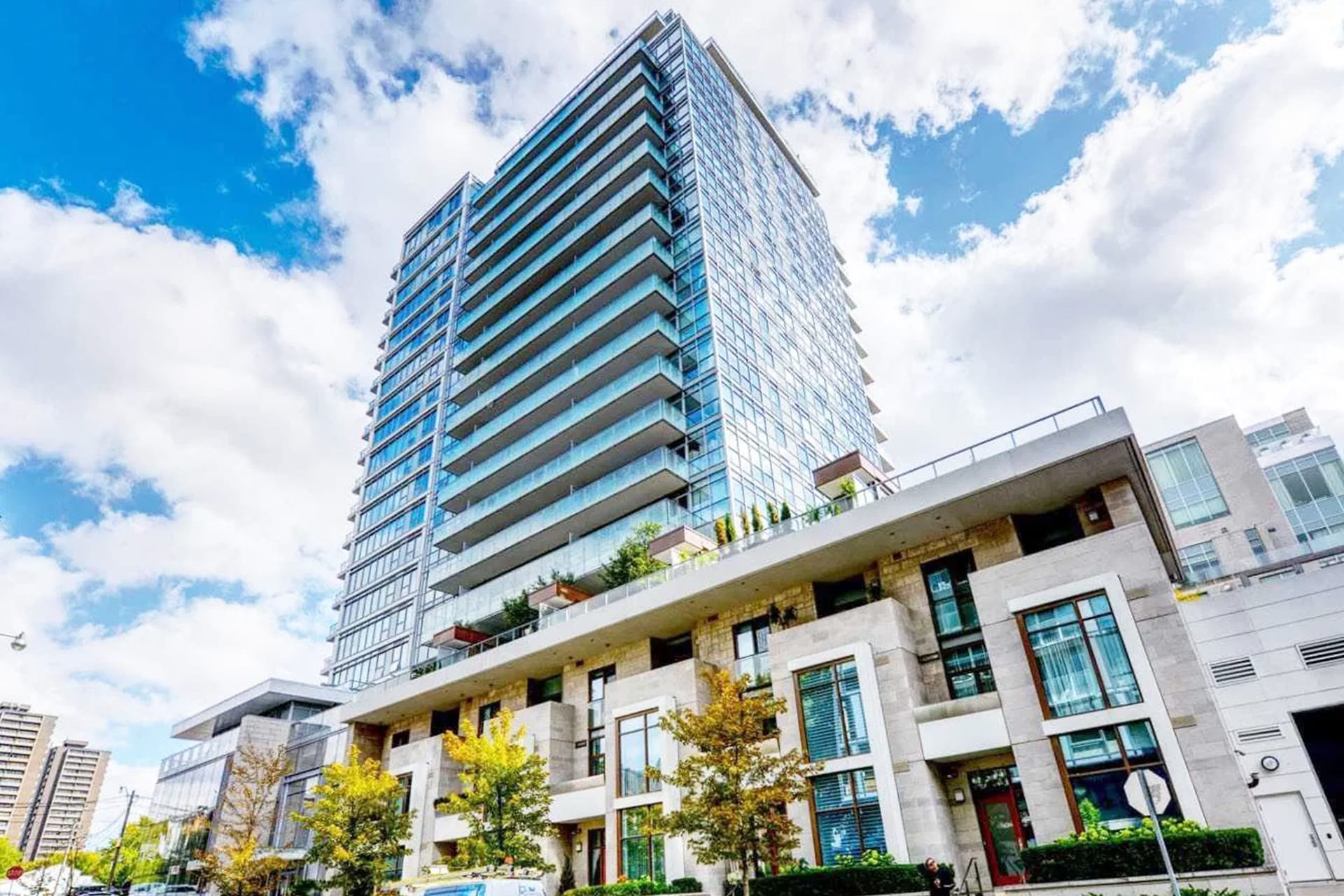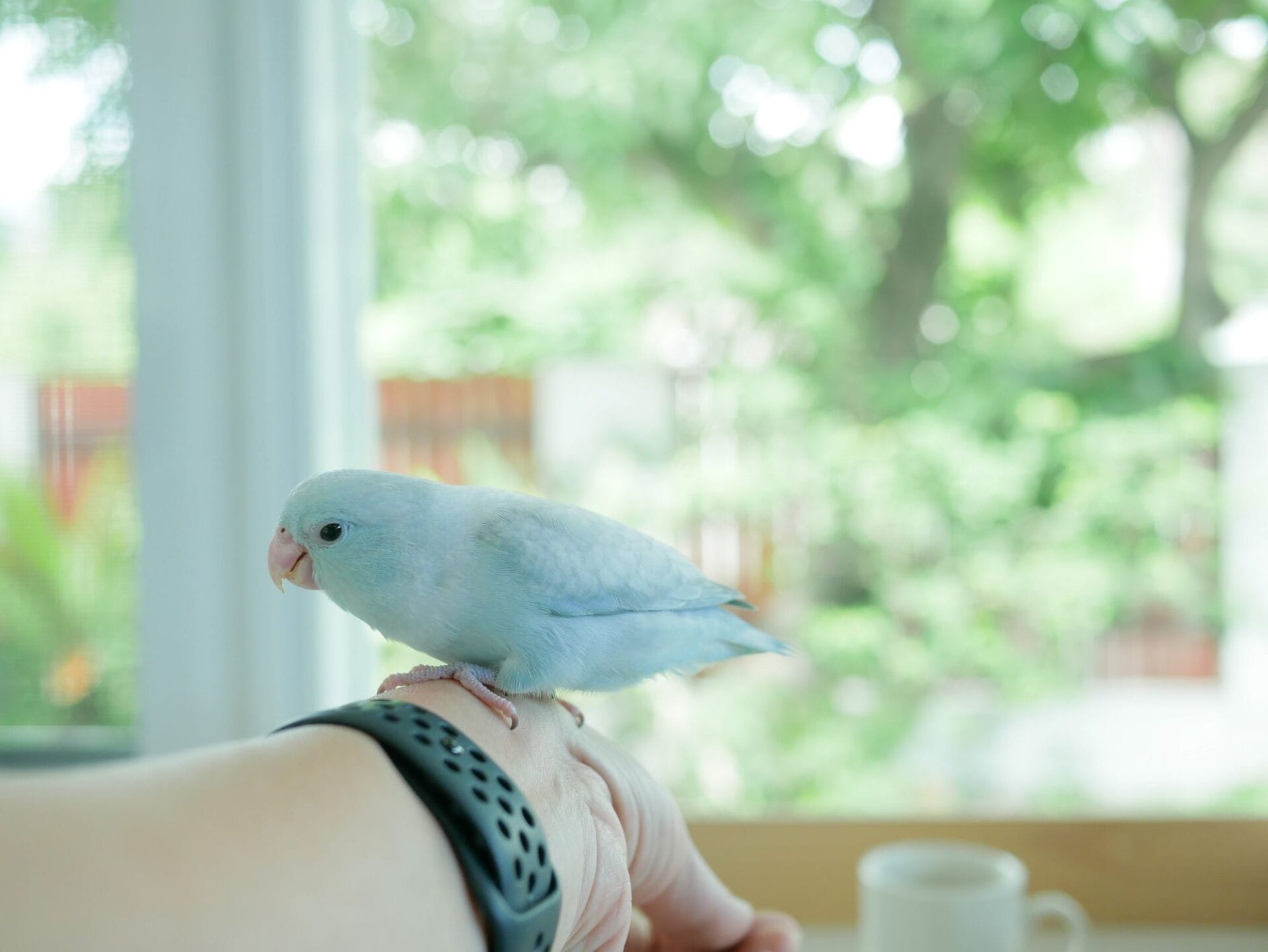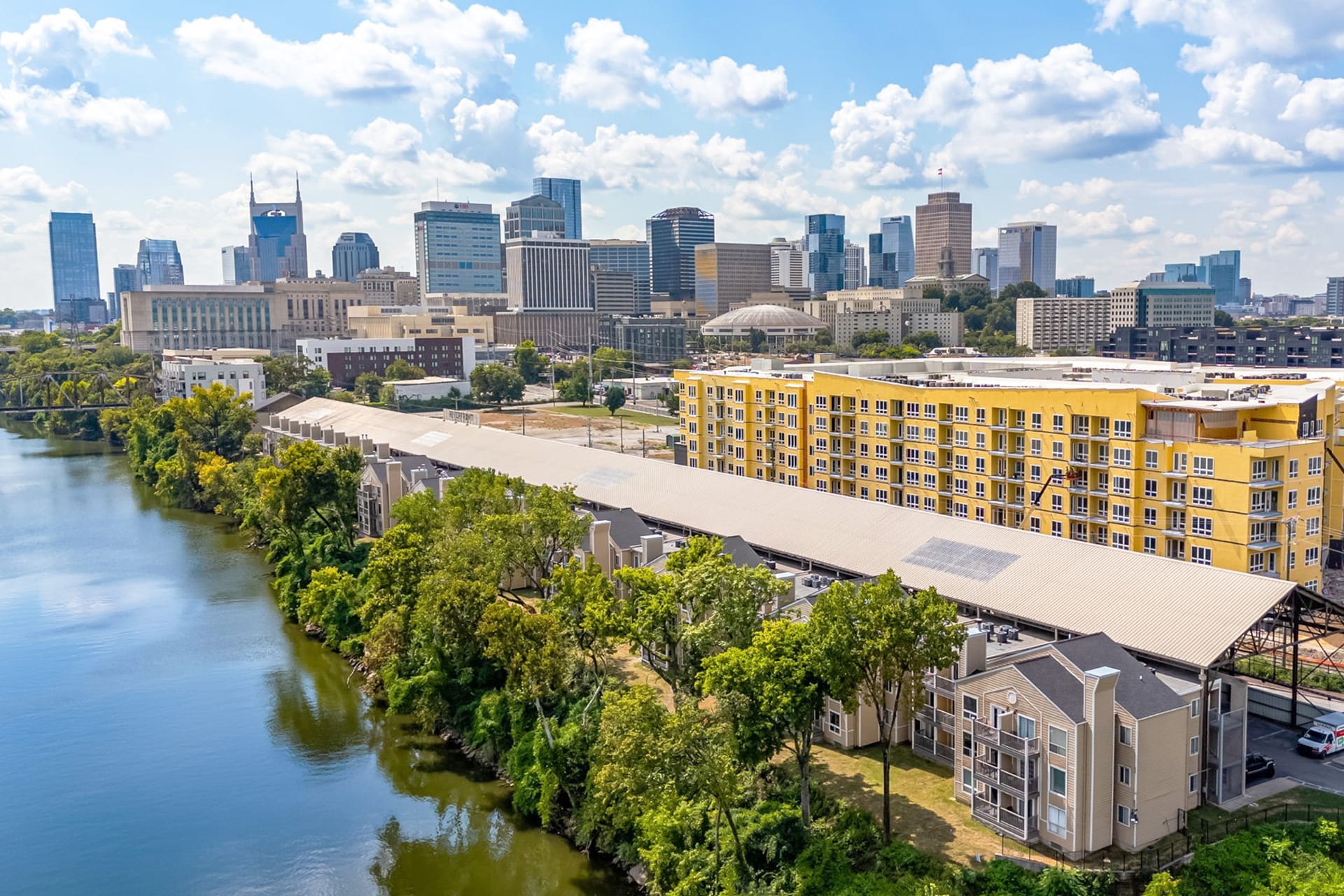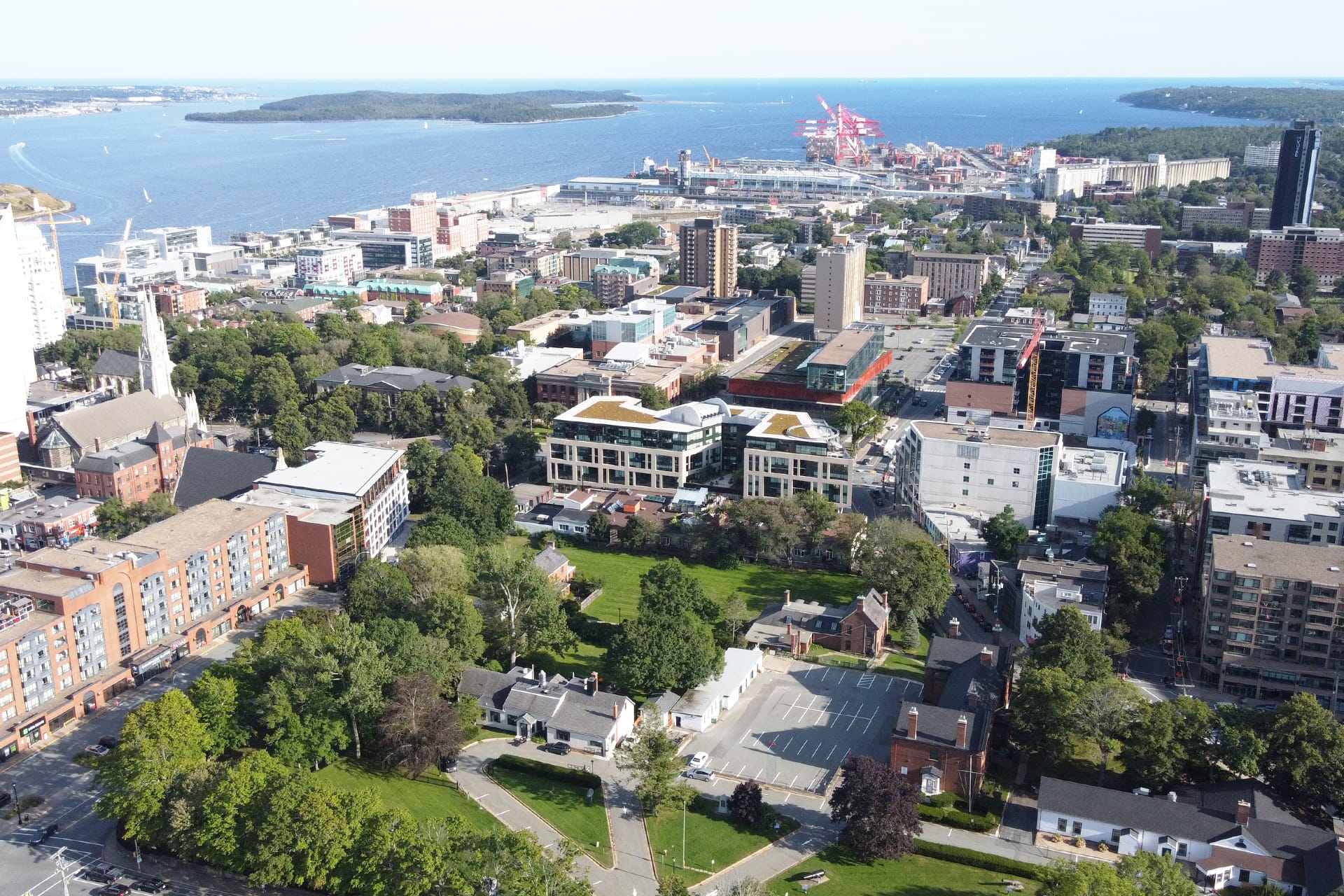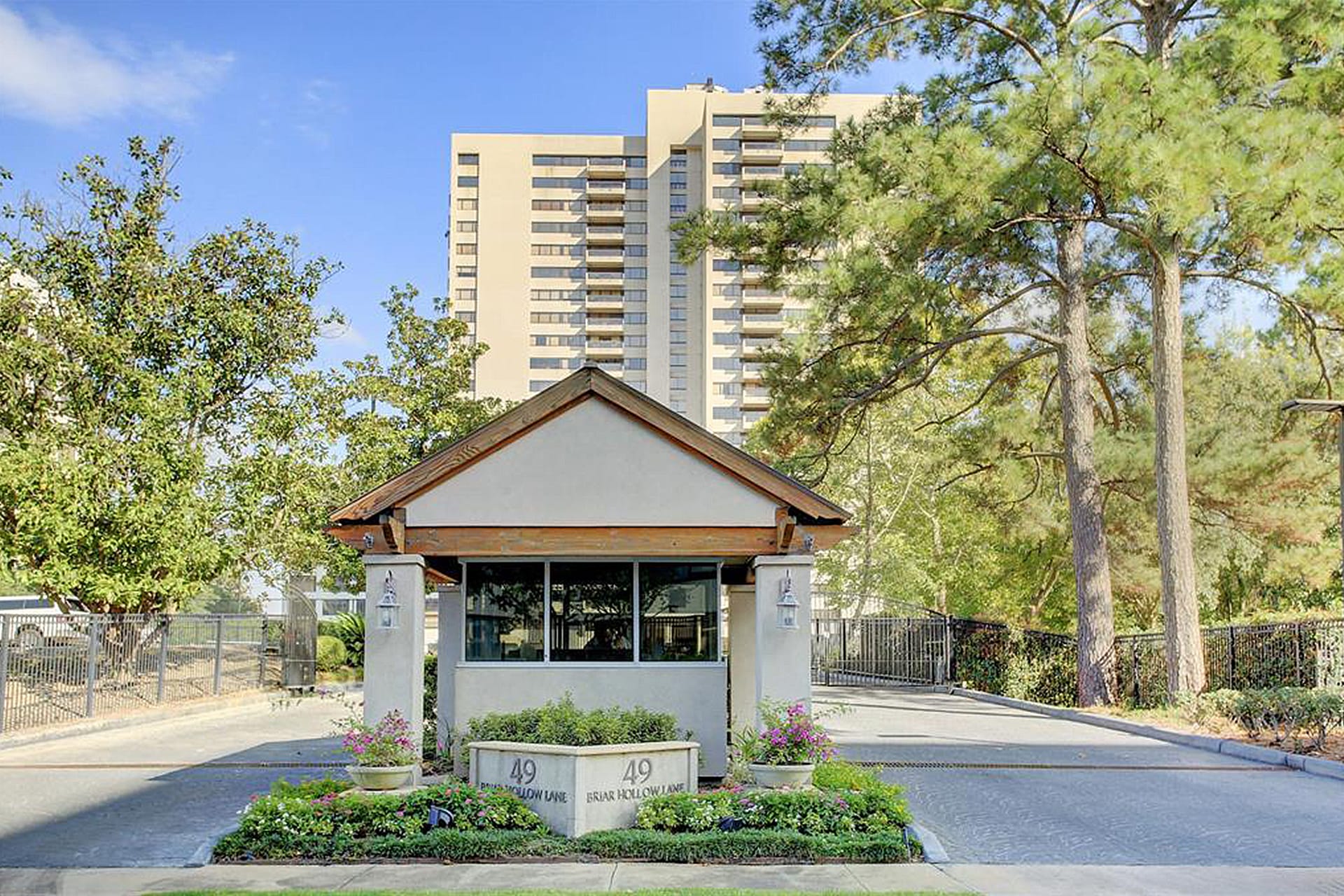Did you know that your HOA might be eligible for a grant? A grant is a sum of money given by an entity (grantor), often a government body, charitable foundation or a specialized institution, to an individual or group (grantee).
Download our free HOA grant template
The money is awarded for a specific purpose; for example, a neighborhood could apply for a grant to rejuvenate a rundown community park. Unlike loans, recipients do not have to pay back grant money.
Table of contents
Grants are usually conditional upon certain qualifications as to the use by the grantee, but it’s definitely worth taking a look to see if there are any grants out there that could help improve life for your association members.
Types of grants
There are different types of grants that HOAs could potentially qualify for. Below are some examples to help you get a better sense of where your association might look if it could use some financial assistance.
Matching grant programs
Matching grant programs are offered for critical improvements to developments or neighborhoods within a certain area. While not all states offer these types of grants to community associations, they can make a big difference for places that are old or have been disenfranchised. As the name implies, matching grant programs require the HOA to match whatever money the grantor awards the community.
Whether or not “sweat equity” or physical labor can be used as part of the association’s contribution to the project depends on what the grant is for and who is offering it. This isn’t always the case, but matching programs may be designed to help enrich the community in and around the HOA, not just the development itself.
Matching grants are often provided for projects like:
- Bike racks
- Benches
- Public art
- Improvements to local vegetation or landscaping
- Restoration of green areas
- Improvements to public parks
- Restoring or replacing public lighting
Federal grants
There are federal grants available to individuals who live in homeowners associations. For example, the U.S. Department of Housing and Urban Development formed a partnership with the Department of Energy to fund the Weatherization Assistance Program. Weatherization helps to lower the cost of monthly utility bills, and the average savings per household is estimated to be about $400 annually. Low-income homeowners are eligible to apply for this program, so long as certain income requirements are met.
The Homeowner Assistance Fund (HAF) was launched by the federal government in an effort to help U.S. owners who are struggling with finances as a result of the pandemic. In addition to mortgage payments, the HAF may be used to pay for homeowner association dues in some states. Funds are prioritized for homeowners who have experienced the greatest hardships. Allocation is determined by local and national income indicators.
Local grants
Much like federal grants, local grants aim to strengthen the social fabric and organizational networks of the community. For instance, HOAs located in Aurora, Colorado have the opportunity to apply for grants of up to $5,000. The city has allocated up to $60,000 for grants for 2022. The money is intended to help fuel projects that improve a neighborhood’s physical condition, enhance pride and identity, increase community connectivity and bring new assets that will foster positive experiences.
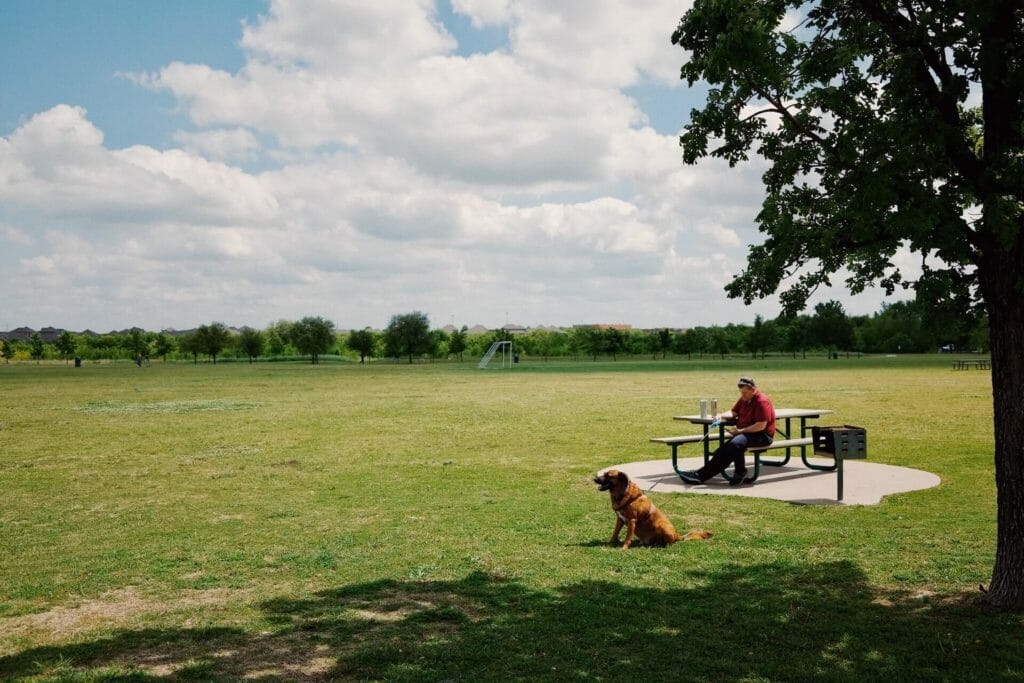
Private grants
Private companies and foundations also offer grants to help HOAs pay for expenses. The Pacific West Association of Realtors’ PWR Charity Foundation in California used to provide grants of up to $3,000 to help first-time buyers pay HOA dues. Quadrant Homes, a real-estate development company in Washington, also provided $2,000 to HOAs to assist them with community improvement goals.
Applying for grants
Some HOAs don’t know that they can apply for grants. Others are aware, but are intimidated by the application process. Writing effective grant proposals takes time and patience. An application isn’t something that can be completed in an hour or two. Moreover, there are conditions and rules that applicants must follow in order to receive the grant. While the payoff can be worth it, it’s important to enter the process with realistic expectations.
This free template can give you a clearer idea of what your application should look like, but associations are encouraged to choose their grants wisely. Your association’s needs and qualifications must clearly align with the grant’s criteria, and you must be able to explain in detail why your community deserves the grant.
Assess the HOA’s eligibility
The first step is to read through the eligibility guidelines presented by the grantor. If there is anything that disqualifies the association, then move on to the next option. The grantor won’t make an exception for you if the association is in some way ineligible to receive the money. Make sure to read the request for proposal thoroughly to make sure your HOA checks all of the boxes.
Prioritize grants
Once you’ve determined which grants you can apply for, it’s a good idea to prioritize which opportunities will be most valuable to you and your goals. Sometimes, a grantor will say they support a variety of programs, but may favor a certain type of project or group. You can search the grantor website to see if they list past recipients. If they do, look for HOA grantees to get a better idea of how likely you are to be awarded the money.
Next, analyze the grantor’s financial capacity. If the organization is giving out multiple awards, you’re more likely to be selected. Sometimes funders will state the size of their applicant pool, or the number of proposals that were funded in the past year.
Start planning as if you’ve already received the grant
The application will ask for specific information about the project you plan to complete with the money. Data is always preferred, and you will make a stronger case if you can prove the project will save owners $5,000 annually or boost community engagement by 12%.
You must also consider the logistics involved in completing the project. Will the proposed job require more staff or volunteers than you currently have? How will you track expenditures to the granting source without putting an undue burden on your financial management team? Make sure you know the answers to these types of questions as they will come up during the application process.
When writing, don’t be generic
Avoid sending out the same application to multiple organizations. Each proposal must be tailored to the grantor awarding the money.
Grantors are usually looking for a specific cause or project to fund, so always include information that will “speak to” the grantor.
Application components
Letter of inquiry
Before taking a look at the grant proposal, the grantor may expect to see a letter of inquiry. This is similar to a cover letter. The letter of inquiry gives the grantor a brief overview of your project and the need for the grant. Some organizations may ask for just the letter, but most will take the letter and proposal at the same time.
Proposal summary
This is a summary of your entire proposal. Make sure to highlight the amount you’re requesting, and the resources that the association will contribute.
HOA introduction
Describe your community, what makes it stand out and why it should receive the grant.
The need
Use this section to explain why the association needs the grant. Share what will happen with the grant, and what’s likely to happen if the association does not receive the grant.
Objectives and outcomes
Here you should define the goals of the HOA. Describe how you will measure the success of the project using measurable data or numbers.
Putting the plan into motion
This is where you will detain the execution process. Describe the steps you will take to achieve the objectives.
The right people for the job
You will also need to explain who is carrying out the project. Connect this to a realistic timeframe so that the grantor has a better understanding of how long the project should take.
Evaluation plan
Include information about how you’ll assess the success and progress of the project as it moves towards completion.
Budget
Provide a thorough and realistic budget for the project. Include the details of the expenses, along with any other sources of anticipated revenue.
Long-term impact
Talk about the long-term impact that the successful completion of the project will have, and address continuous funding needs, if applicable.
Using the grant
If your application is successful and you get the grant, the HOA is obligated to spend the award as detailed in the proposal. To ensure the money is spent correctly:
- Develop a plan to track expenditures. Track all spending so that you can tie it back to the funded project
- Ensure staff, partners and volunteers understand the requirements of the grant. They are likely the ones who will be tracking spending and collecting data
- Set internal deadlines for required reports to be submitted, and note any other deadlines you must meet
If there are unexpected changes and your original plan can no longer be carried out, contact the grantor. Explain the circumstances and work with them to modify the terms. They may not have any issues with the changes, but it’s always better to let them know than stay silent. Grantors will generally understand that these things happen, and as long as the spirit of the grant is not damaged, they’ll work with you to develop a new plan.




